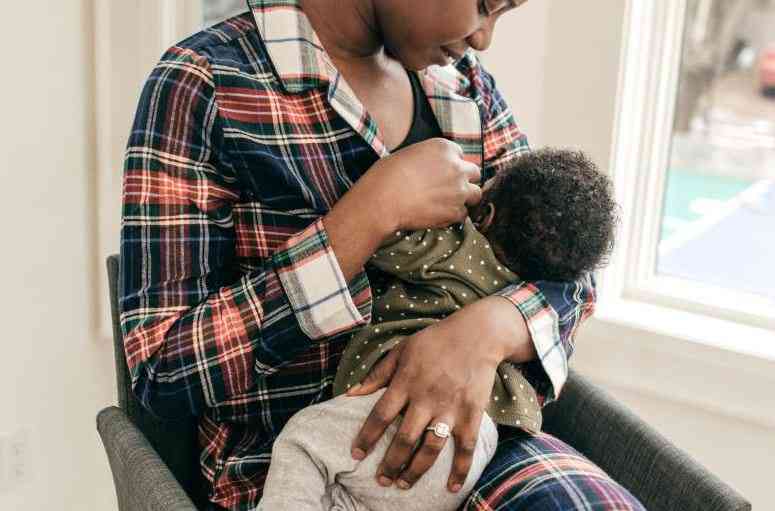
I discussed finding healing after betrayal of your spouse. The breach of trust devastates any individual and the strongest of relationships, which evokes a volcano of emotions, shock, anger, rage, bitterness, fear and shame.
It is not unusual to feel this way after a betrayal. Grieving takes time depending on the magnitude of the inflicted and the personality of the individual. Give yourself time to process the hurt and heal. When you grieve, you are moving toward a renewed sense of meaning and purpose.
To restore trust in the relationship and your capacity to love again, one needs to navigate through the stages of loss and grief. The levels of grief cannot be measured, nor does it have a time frame, some people snap out of grief easier than most. Some never get over the grief, living with a lot of frustration, anger and resentment. The stages of mourning and grief are universal.
There are five stages of normal grief that were first proposed by Elisabeth Kübler-Ross in her 1969 book, “On Death and Dying.”, although her focus is on the terminally ill and dying, the stages also apply to any other loss including the loss of trust, friendship and love.
These stages are; shock/denial, anger, bargaining, depression and acceptance. Not everyone goes through the distinct stages in a similar order. What is important is awareness, which is said to be the heat beat of therapy in order to experience personal growth along the journey and reinvest in the relationship.
When one is confronted with the facts of the betrayal, it is overwhelming and the immediate reaction is shocking, with thoughts such as, ‘this cannot be true.’
Denial is a defence mechanism that buffers the immediate shock. It helps the person not become overwhelmed by what they have learnt and the denial acts as a cushion and safety net. At this stage, life becomes meaningless and a sense of total despair engulfs them, making little or no sense of relationships as one goes numb and is in a state of shock and denial.
Denial helps the person to pace feelings of grief and not to become totally overwhelmed presenting further threats of physical illness. There is grace in denial, it is nature’s way of letting in only as much as one can handle. As one accepts the reality of the loss of trust and the pain of the betrayal, the reality begins to sink and questions flood the mind becoming ready to deal with the matters. One becomes stronger as the shock and denial begins to fade then anger knocks in!
Anger is a necessary emotion of the healing process. Be willing to feel your anger, even though it may seem endless. The more you truly feel it, the more it will begin to dissipate and the more you will heal. When anger is triggered, it produces three reactions: Physiological, cognitive or thoughts and behavioral leading to unexplained actions.
For those whose reaction is to constantly deny their feelings of anger or to act as if they don’t matter, this kind of introspection can be uncomfortable. But to combat anger and build on trust after betrayal, it is important to be very honest with yourself and confront the betrayal constructively.
Be aware of the signs of harbored anger such as; procrastination, forgetting to do things your partner requests, stubbornness, avoiding communication, dislike or bad attitude toward your partner and others, being overly sensitive and irritable, or arguing frequently. Frustration is the early stage of anger. Refusing to deal with the issues is not healthy. It only delays the healing process.
 The Standard Group Plc is a multi-media organization with investments in media platforms spanning newspaper print
operations, television, radio broadcasting, digital and online services. The Standard Group is recognized as a
leading multi-media house in Kenya with a key influence in matters of national and international interest.
The Standard Group Plc is a multi-media organization with investments in media platforms spanning newspaper print
operations, television, radio broadcasting, digital and online services. The Standard Group is recognized as a
leading multi-media house in Kenya with a key influence in matters of national and international interest.










